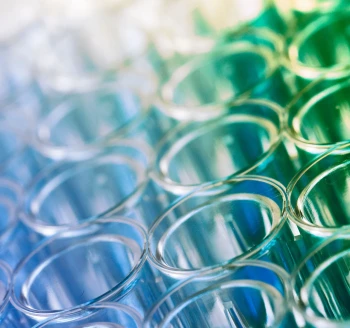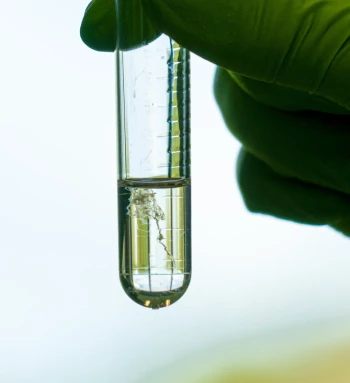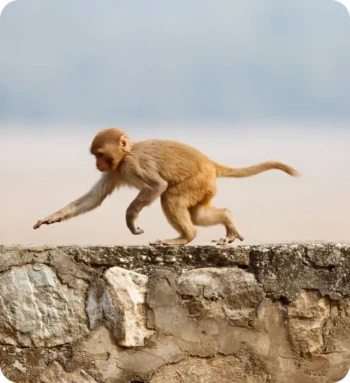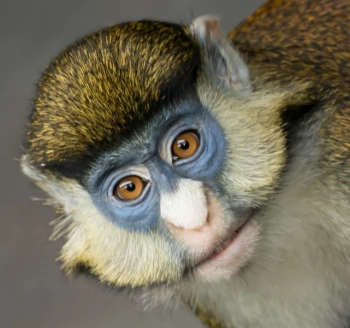Helping primates
Everything we do revolves around science, public health AND animal welfare. Every government grant and donation from a foundation we receive helps us develop new medications and improve public health. Furthermore, every form of support we receive adds to our knowledge of diseases and to the well-being of primates all over the world! We share our expertise with other parties which conduct research on human and animal health. BPRC has established collaborative partnerships with zoos and seeks to improve the health of primates living both in captivity and in the wild.
Collaboration with zoos
BPRC closely collaborates with zoos all over Europe and in the rest of the world. Many zoos that have primates have consulted our Virology department at least once. Zoos rely on our knowledge, and if they suspect their primates may have been infected with something, they will be quick to contact us. Generally they sent us tissues and cells, but sometimes our specialists actually visited their zoos. For instance, we once screened an entire colony of baboons in a well-known zoo for infections when they were transferred to a new location.

Genotyping
Another thing we do for zoos increasingly often is genotyping – for instance, to determine how pure a monkey population is, or to determine very precisely to what species a monkey belongs. It is important for zoos that their populations be kept pure, so as to prevent inbreeding and characterise as many animals as possible. We have genotyped bonobos, chimpanzees and orangutans, among other species.

The health of primates living in the wild
Several primate species all over the world are endangered. BPRC-affiliated researchers seek to develop methods that will help us protect various primate species from extinction in an animal-friendly manner. For instance, our Virology department analysed blood samples taken from animals which ware temporarily held in conservation centres, waiting to be released into the wild once more. Blood samples of these animals are taken to confirm beyond doubt that these monkeys are healthy. Generally, the conservation centres sent us the samples to be analysed, but where necessary we traveled to their site to perform the analysis.
This is one of the ways in which BPRC contributes to the health of primates living in the wild – by genotyping individual animals, so as to prevent inbreeding in wild colonies and the diseases to which this may give rise.

Preserving endangered species
Thanks to these partnerships, BPRC's scientific research projects not only help improve public health, but also help improve primate welfare in all parts of the world. Through its primate research, BPRC helps preserve primate colonies and keep them in good health, both in zoos and in the wild. In this way, BPRC makes a considerable contribution to the survival of rare primate species.
